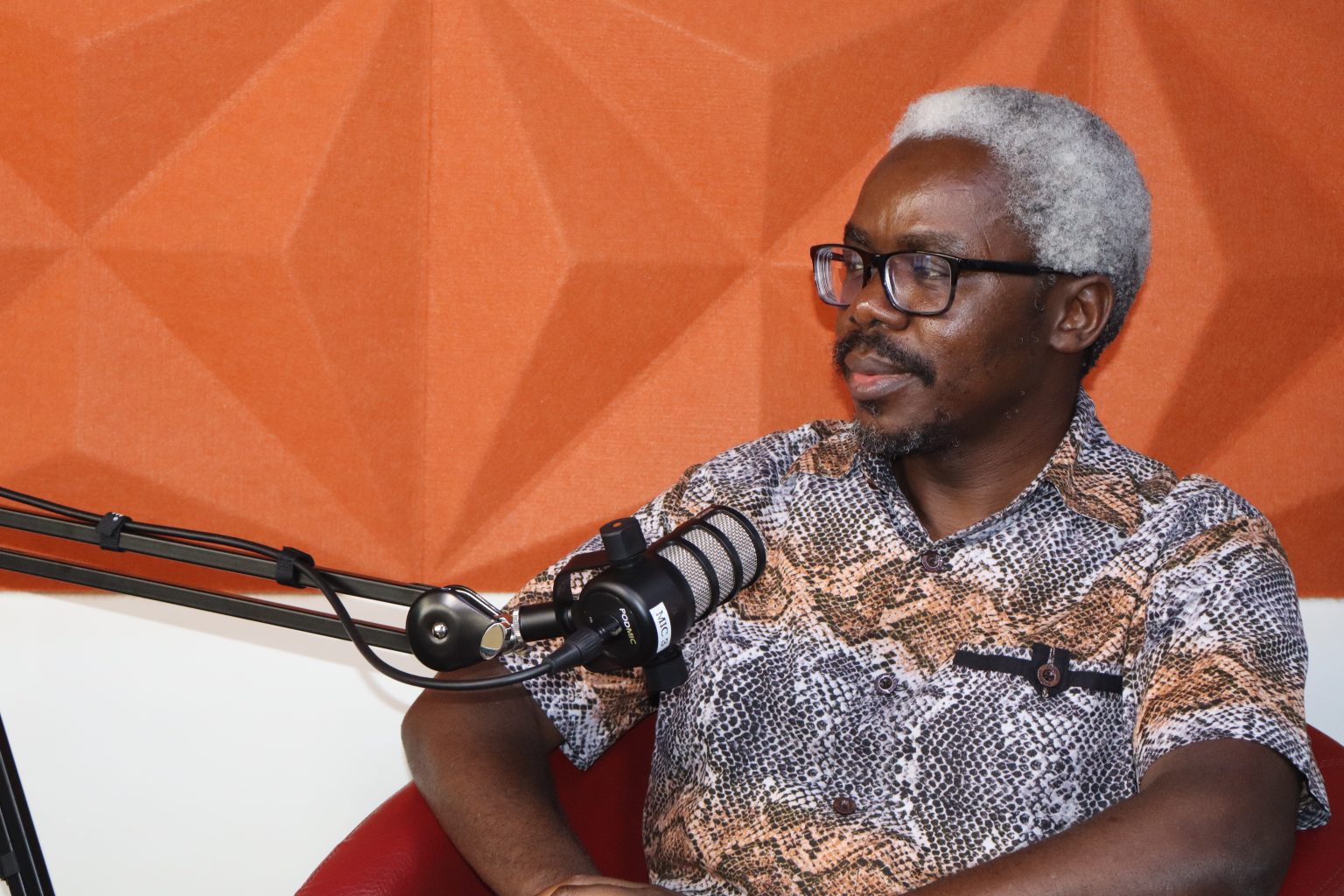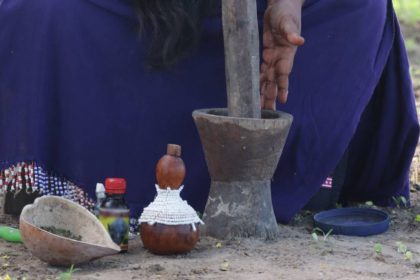PROF LUKOYE ATWOLI Psychiatrist and Dean at the Aga Khan University Medical College East Africa, speaks to DR MERCY KORIR on the origins of anger among Kenyans-even on social media- and where help for mental health issues can be found
Generally, Kenyans appear very angry. What is going on?
There are many reasons like the socio-economic situation in the country where there is high unemployment, and people who are employed feel they are not being treated fairly. The political situation is also not helping much. There is a lot of political conflict and people are taking sides and as they identify that way, they have a sense their voice is not being heard or that the country is not going in the right direction.
Thirdly, how we deal with disagreement and different opinions has historically been violent. The foundation of Kenya is a foundation of violence. The colonial administration managed resources violently, the successor independence government continued with the legacy of violence, and we do not seem to know any other way of dealing with issues other than by using force and violence.
When you talk about violence, it’s evident that it’s rather brutal. Has it always been like this?
I think it is a legacy of colonialism. My reading of history suggests that most African societies used to take care of children differently. Training was by apprenticeship… We never had a tradition of teaching by violence or beating up people for discipline. But with the colonial government coming in, it is documented that they thought you could not teach an African except by beating them up. They established the school system with violence as part of the educational model. Our fathers and grandfathers picked this up and then transmitted it. But with social media where we do not have physical access to other people, we ‘beat them up’ verbally with the posts.
Is mainstream media headline anxiety contributing to the state in which people seem to be?
Absolutely. Media people do not know the power they wield. They have a lot of power – they set the agenda, they provide a context in which people interact, they give us the words that we use in conversation. Our media is not, in my view, conscious enough about that power and how they use that power, and so they give us violent words and metaphors. They put out stories that frame violence as an acceptable way of dealing with conflict.
The same violence that people express on social media, would they do it in person?
Social media makes it easier. It’s more difficult to act out in person. In fact, many who are violent on social media are very reticent, and timid and will not necessarily act out in person. Social media makes it easier for somebody to act out their violent fantasies and to express themselves. It gives them a sense of anonymity when they are behind a keyboard. Social media makes violence more accessible.
Is how we are bringing up children also changing and contributing to it?
Absolutely, we have become a lot more individualized. One way of looking at it is that as we urbanize, a new culture emerges. When we were more rural, we were more communal, so everybody was responsible for everybody else. But as we urbanize, we find that we are more alone within the groups that we are in.
What does that then mean for our future?
I think the future is going to be very lonely. In the Western world today, loneliness is a new epidemic, and it is causing a lot of physical and psychological health problems. In the next 50 years, if you age, your children will not take care of you. So you’re going to have to think about communal living for old and elderly people. The next generation will not necessarily feel that they must take care of their parents the way we do. My well-being is not going to be the responsibility of my children.
What has changed with the political situation – is it that people were expecting a lot more than they are getting disappointed?
The voter demographic has changed; it’s not a population that was brought up to be complacent. The older population would accept whatever the politicians did. But the current voter population are younger, they actually read the Constitution and the law, they listen to the promises of politicians, and they expect politicians to come through with those promises. But the politicians have not changed, and so the new population are getting angry because their leaders are not doing what they’re supposed to do. We saw this with the riots that we christened Gen Z protests.
There was a time when we had school fires. Was it the generation reacting to something?
I think a lot of that violence in schools was a generational reaction. Teachers were from a generation where violence was a tool that you used to suppress and control people, and to make people do things the way you wanted them to. But the children are from a generation where you need to have a conversation. And so when this conversation was not happening, the tool that they were taught to use was violence. And so they would burn schools, and destroy property in order to make a point.
Kenya was forged in violence. Our story is that the colonialist came, he had a gun and made us do things because he had a gun. And then we won independence through violence and kicked out the colonial government. The government that took over used violence to keep the State together, and we changed after a coup attempt when the president in 1982 made Kenya a one-party state, and that one party had the monopoly of violence. And if you disagreed with them, they would kill you, jail you or detain you without trial. And we changed that violently with the riots and protests in 1992 to become a multi-party state.
We have a tradition that when we disagree, we have to kill people. We have to burn them. We have to fight. That is how Kenya was formed. And so we pass on those traits to the next generation.
How do we cope with the violence, especially on social media?
It’s important to protect yourself. The first and most important thing is to be self-aware, to know when you’re getting overwhelmed, and to know when it’s overloading. Then when you get to this point, disconnect and step back, be in the moment, and become aware that it is harming you. It is important to step back, and get off social media when you’re feeling like this is becoming too much. You can switch it off for a moment, take a deep breath, ground yourself, and practice self-care.
Transcribed from Lifeline Dialogues, by Yvonne Kawira.




















